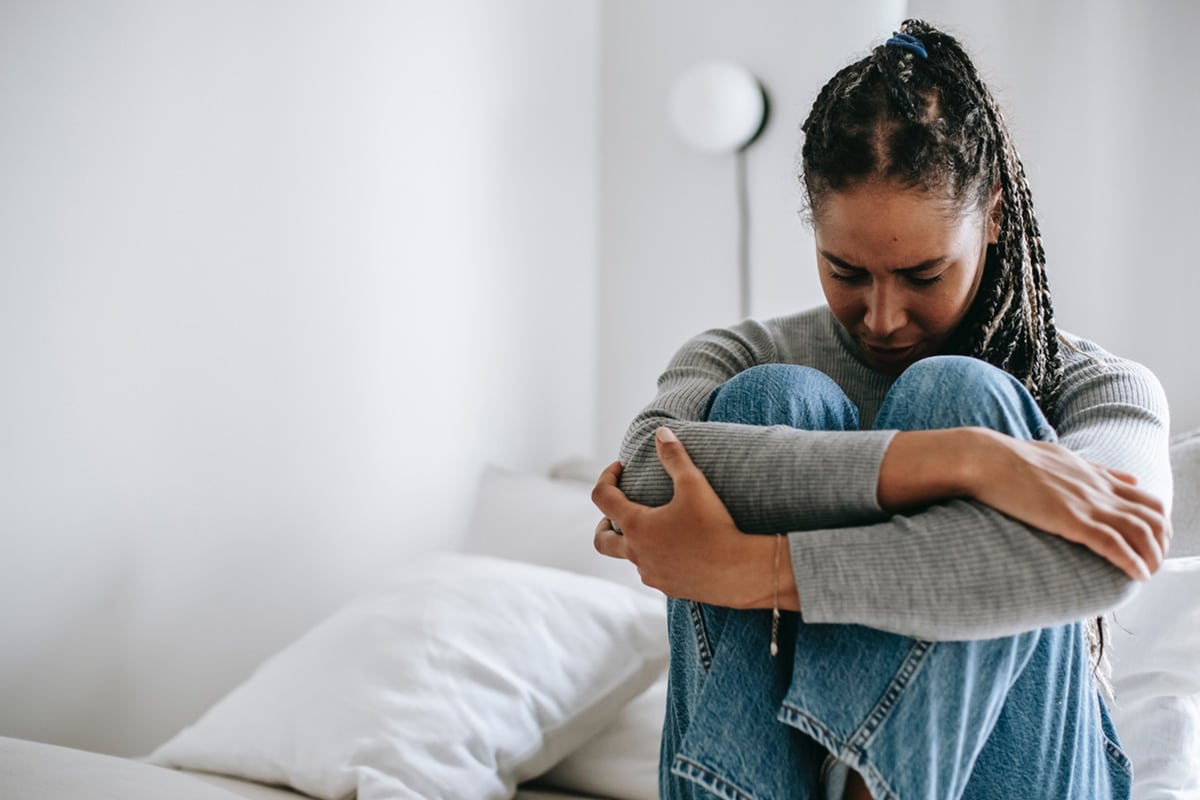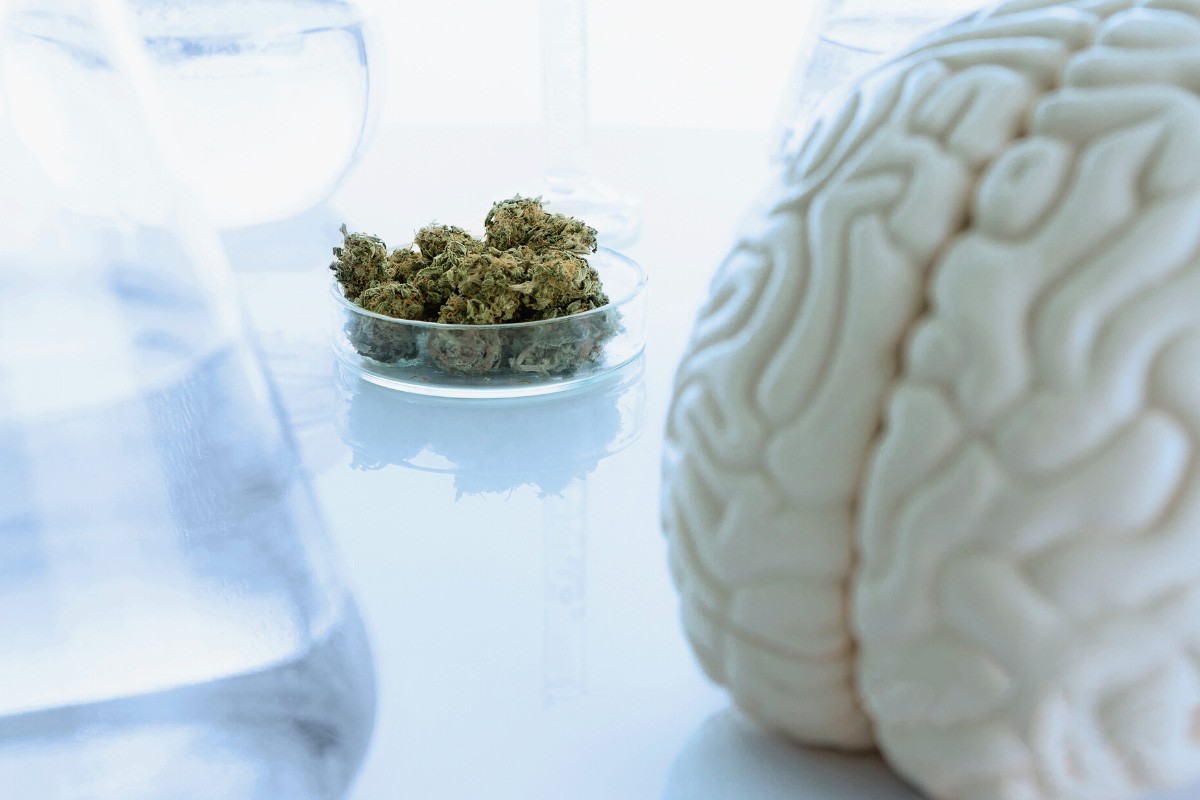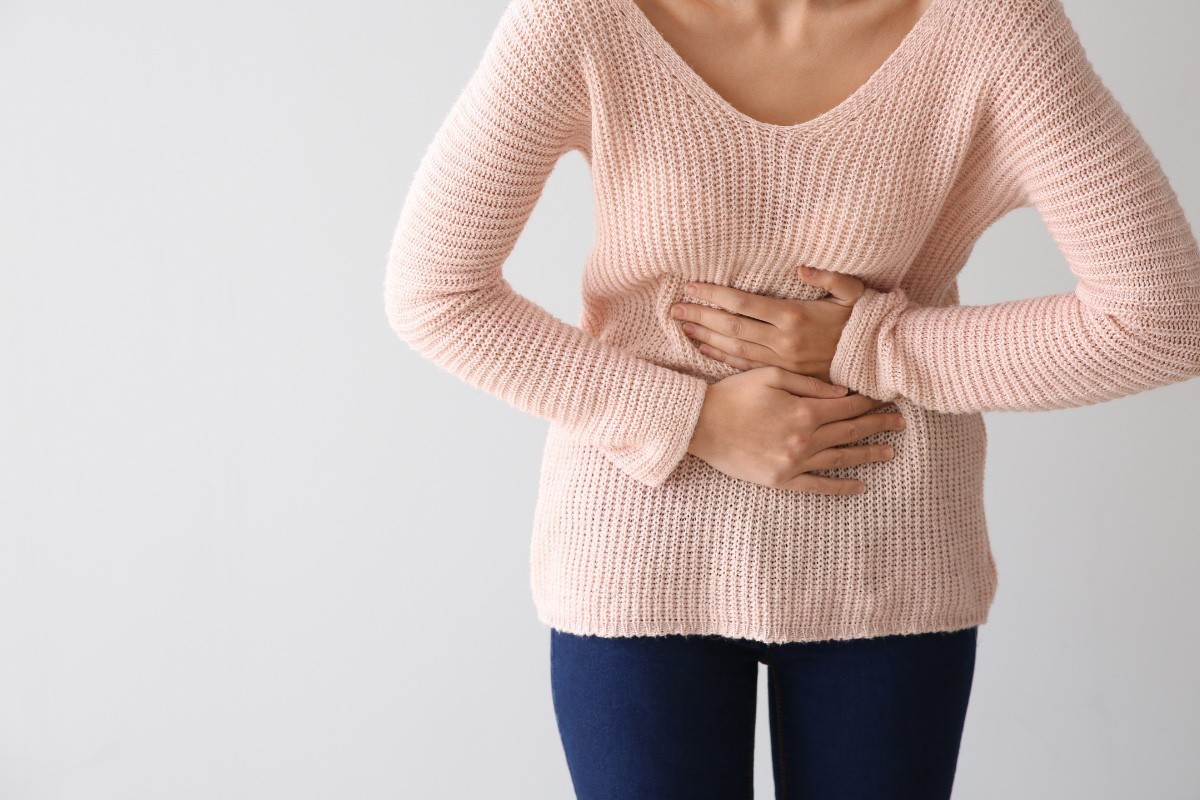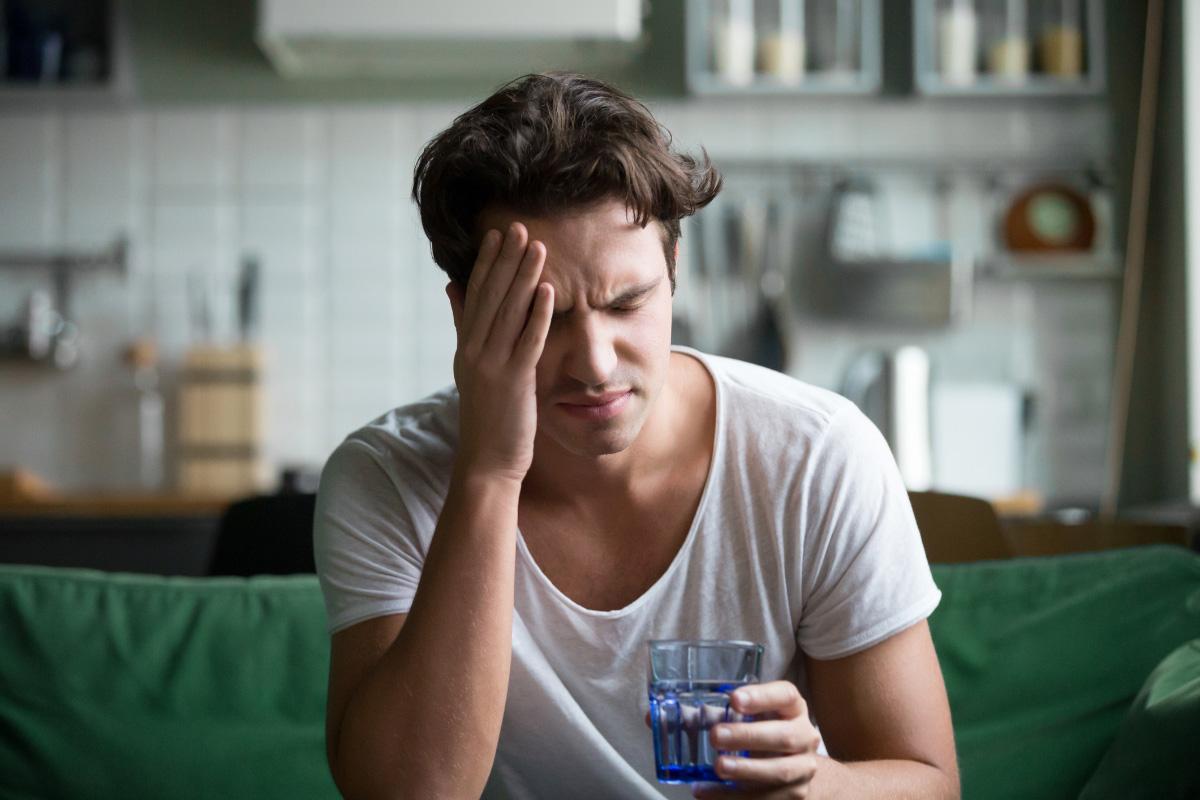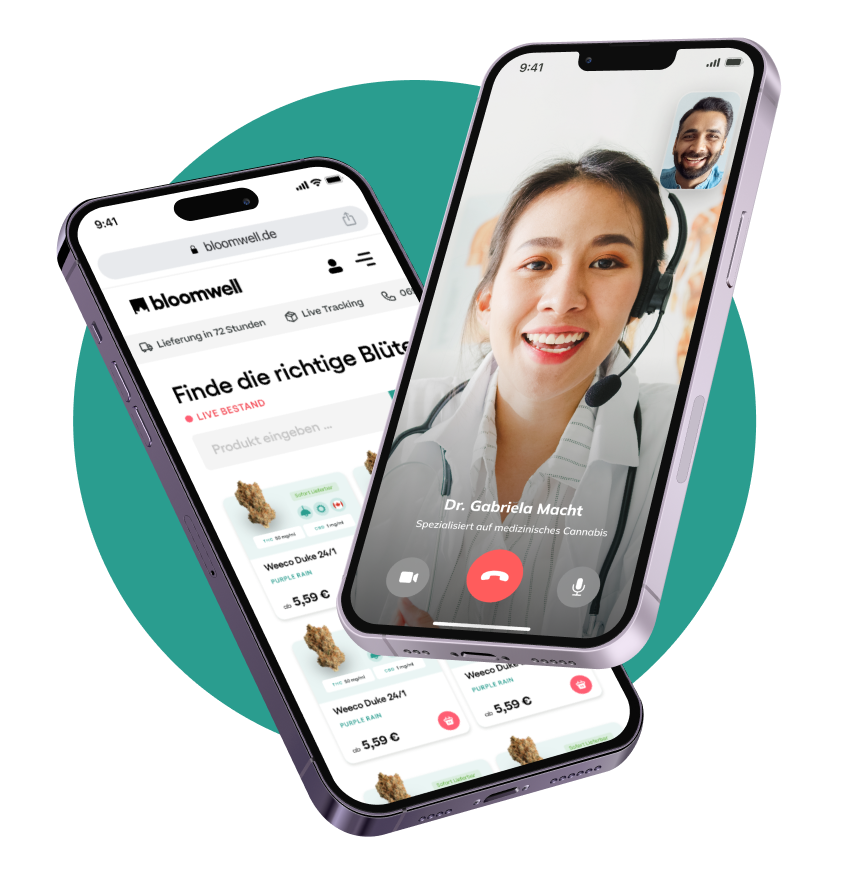The following study aims to evaluate the efficacy of cannabidiol (CBD) for anxiety and sleep disorders. Scott Shannon and his colleagues from the Department of Psychiatry at the University of Colorado in Denver, USA, studied the efficacy of CBD in 72 patients with anxiety or sleep disorders. Forty-seven of the patients were treated for anxiety symptoms, and 25 patients received CBD for sleep disorders. CBD demonstrated preliminary efficacy for a variety of physical and mental disorders. CBD helped specifically in reducing major seizures and improved quality of life in patients with epilepsy. In addition, CBD also demonstrated neuroprotective, anti-depressant, and analgesic effects in other diseases.
With regards to the impact of CBD on sleeping behavior, a dosage of 160mg led to an increase in sleep duration. The most notable benefit of treatment with To investigate the efficacy of CBD in anxiety disorders, patients with social anxiety performed a simulated public speaking task. In this study, CBD (300mg or 600mg) was shown to be effective in decreasing anxiety symptoms. Other studies achieved anxiolytic effects of CBD at a lower dosage of 10mg. In a different study, a high dose of oral CBD (300-600mg) showed a significant decrease in plasma cortisol levels but was accompanied by a sedative effect in these patients. CBD is safety: long-term administration of CBD in dosages of 10-400mg daily did not create a toxic effect in patients. Moreover, there are no reports on lethal overdose of CBD and dosages of up to 1500mg per day were shown to be well tolerated in literature. However, Scott and colleagues indicate that a therapeutic effect of CBD can be expected even at lower doses.
Study procedure
To further expand the scientific evidence of CBD efficacy, this study was conducted in patients with anxiety or sleep disorders under medical supervision. Therefore, patients with a confirmed diagnosis of anxiety or sleep disorders by a mental health professional were observed for three months. This study was conducted at a Colorado mental health clinic specialized in integrative medicine. The diagnosis was verified by this clinic and additional psychological testing was performed prior to treatment with CBD.
CBD oil for anxiety – dosage
Patients were aged between 18 and 72 years and received 25mg of CBD per day in addition to their standard medication (anti-anxiety or sleep-inducing). In individual cases, higher dosages (50mg or 75mg) were prescribed. CBD was administered orally in the form of capsules either in the morning (anxiety disorders) or in the evening (sleep disorders). Many of the patients used CBD to reduce or discontinue other psychiatric medications. To investigate treatment efficacy, patients were physically examined and received several validated questionnaires for the assessment of their symptoms before starting treatment. The questionnaire for the assessment of anxiety symptoms contained 14 questions. A numerical value was assigned to each of the answers. The score to this questionnaire ranges from 0-56. A score under 17 indicates mild anxiety, while a score above 25 is classified as severe anxiety. The sleep quality questionnaire included 19 questions with answers ranging on a scale of 0-3. A higher score in this case indicates more sleep related concerns. The same measures were evaluated at monthly follow-ups at the mental health clinic. To assess the safety and tolerability of CBD treatment, potential side effects were also recorded from the patients’ self-reports.
Results of the study on the efficacy of CBD in treating anxiety disorders and sleep disorders
CBD showed both anxiolytic and sleep-enhancing effects in this study. Patients with anxiety disorders experienced significant improvement in their symptoms after only a short period of treatment (1 month). Prior to treatment, patients reported a mean score of 23.8 on the anxiety symptom scale described above. CBD reduced this score to 18 during the first month and subsequently to 16 after two months of treatment. This reduction in symptoms to a score of 16 was stable over the course of the third month, illustrating the significant decrease in anxiety symptoms. Patients with sleep disorders also experienced improvements of their symptoms, however these improvements were not as prominent as the anxiolytic effects. CBD was well tolerated and associated with few side effects. Dry eyes and fatigue occurred in a few patients but decreased over the course of treatment. One young man (21 years) with an additional developmental disability discontinued CBD treatment due to inappropriate sexual behaviors. These subsided after CBD treatment was stopped. The treating psychiatrist assumed that the reduction in anxiety symptoms resulted in a disinhibition in this patient. This study provides no evidence of serious side effects of CBD treatment.
Conclusion
Shannon and colleagues were able to provide further evidence of CBD’s high efficacy in treating patients with anxiety disorders with this study. In addition, CBD proofed to be helpful for patients with sleep disorders. In this study, CBD was used in addition to standard medication. Many patients expressed a desire to reduce or completely discontinue their psychiatric medication. CBD seems to be an attractive method of treating anxiety symptoms and sleep problems with natural medication. CBD is an effective and well-tolerated medication for the treatment of anxiety and sleep disorders.

